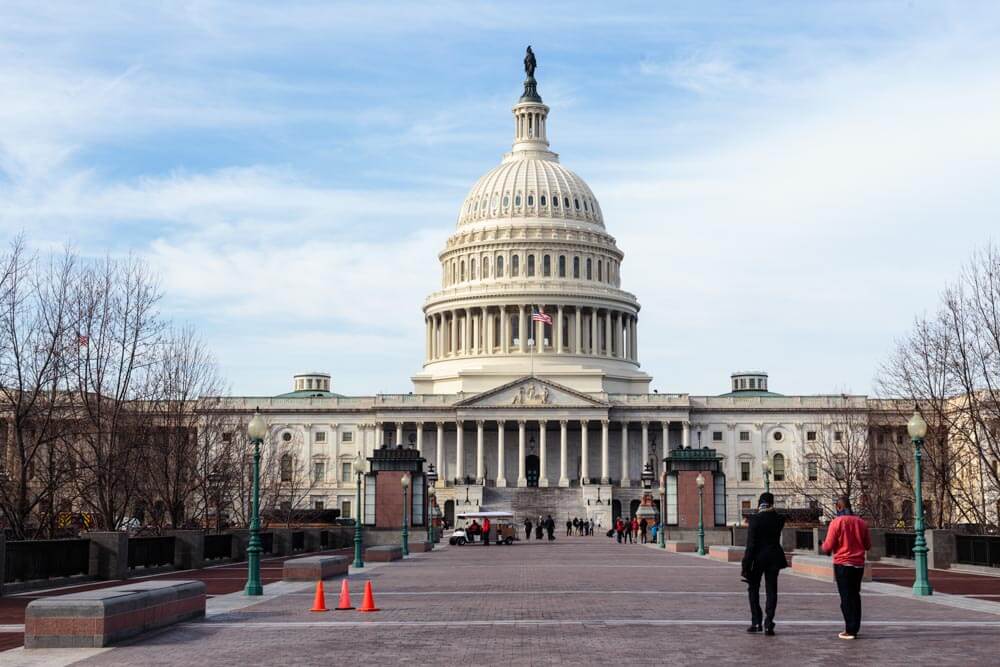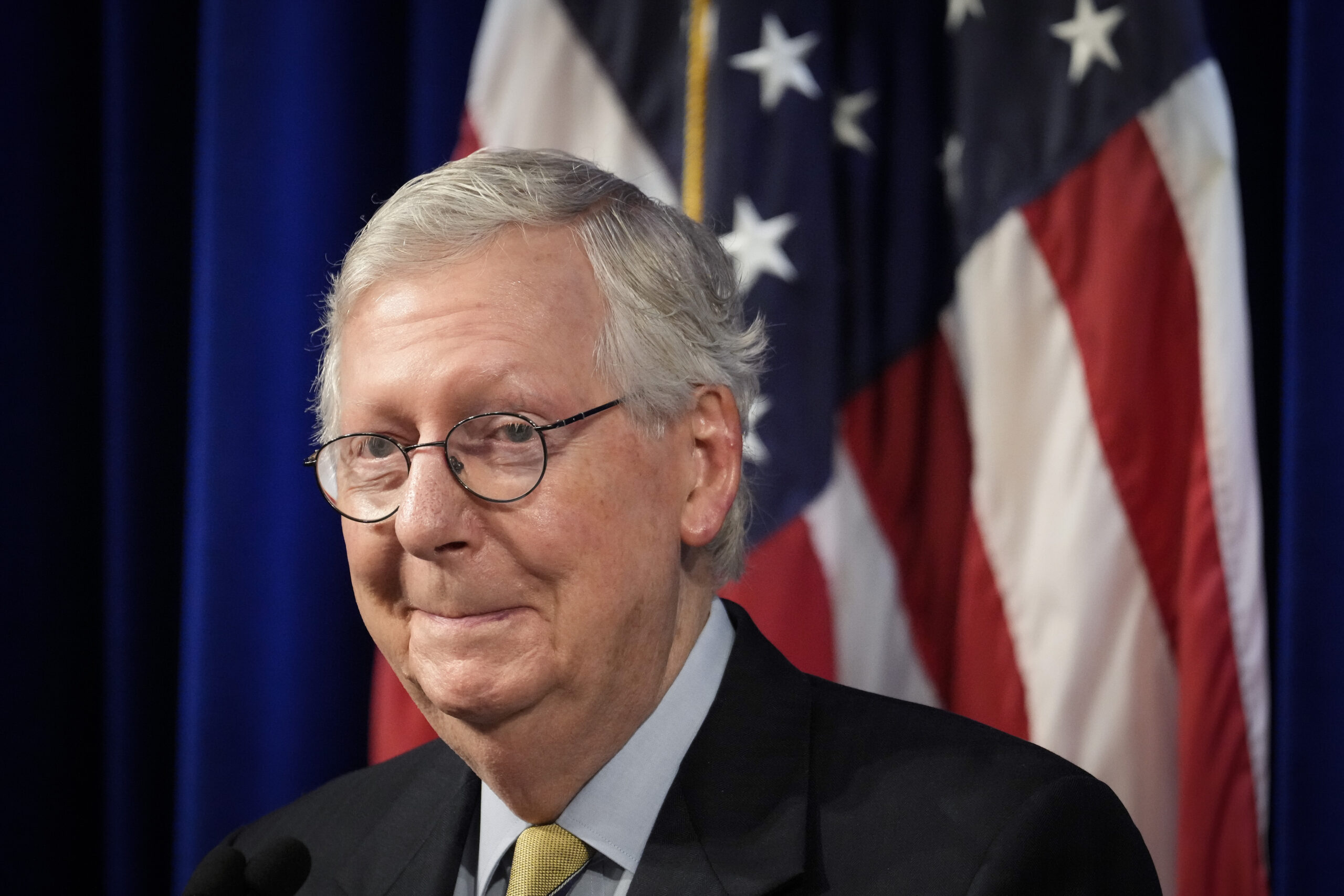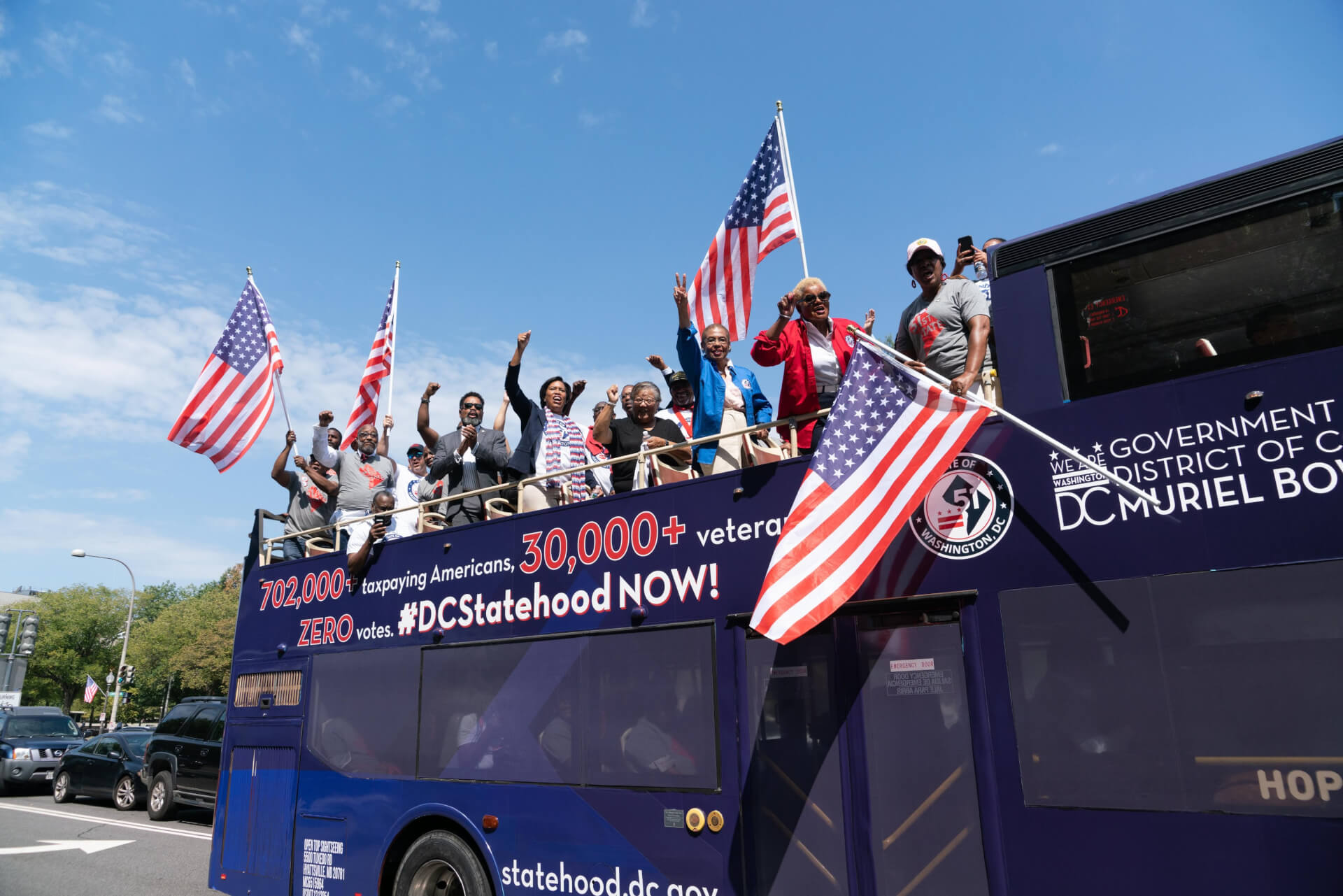Mysterious ‘Pop-Up PACs’ Seek to Tip Late-Breaking Congressional Races

A super PAC financed tens of thousands of dollars worth of digital ads in late October soliciting allegations that North Carolina Senate hopeful Cal Cunningham engaged in extramarital affairs.
But because of a loophole in campaign finance laws that were written in the era of typewriters, voters won’t know who paid for the ads until after the election. That’s because the money came from a so-called pop-up PAC, a political action committee created so late in an election cycle, it won’t have to disclose who funds it until after Nov. 3.
In the final 20 days before an election, candidates for office are required to disclose to the Federal Election Commission within 48 hours if they take in a donation of more than $1,000. Pop-up PACs, however, don’t have to, and there are several dozen of them that have sprung up around the country in 2020.
So any money they take in after Oct. 15 of this year doesn’t have to be revealed until the next legal disclosure deadline, which isn’t until mid-November.
“When you see people setting PACs up at this point in the cycle, it usually means they’re up to shenanigans,” said Brett Kappel, a campaign finance expert at the Washington, D.C., law firm Harmon Curran.
Case in point: the Truth Still Matters PAC based in Tampa, Fla., that’s trying to attack Cunningham in the last days of the Senate race in North Carolina.
It was formed on Oct. 19 and has doled out more than $100,000 to media firms based in Virginia and Utah to create and publicize a website that solicits allegations about extramarital affairs tied to Cunningham, North Carolina’s Democratic Senate nominee.
Two Facebook ads credited to the group invite women to “share your experiences involving married Cal Cunningham” and link to a website with a submission form, noting, “All credible tips will be provided to the media.” It has also financed a roadside billboard asking for tips in Charlotte.
Cunningham’s spokeswoman did not respond to a request for comment.
Cunningham, a former state senator, is locked in a neck-and-neck race against GOP Sen. Thom Tillis, but has taken heat after leaked text messages revealed inappropriate communication with a woman other than his wife, and the woman, a consultant, said he engaged in marital infidelity with her.
Cunningham has declined to address his personal life and is focusing the race on health care, while Tillis has been highly critical of Cunningham. The race is one of the closest in the country, with a poll last week showing Cunningham up by 1 point, well within the margin of error.
“Our campaign has no knowledge of this group,” said Tillis spokesman Andrew Romeo.
Truth Still Matters PAC lists a Tampa UPS Store as its address and designates an individual named Dezy Enz as its treasurer. Nobody replied to an email connected to the group’s FEC filing asking for more information.
Every two years, PACs like this form late to strategically hide their donors so voters are left in the dark about the true funding of these mysterious, brand new super PACs, said Maggie Christ, a senior researcher at the Campaign Legal Center, a Washington, D.C.-based nonprofit that favors stronger election laws.
“There’s a real problem from a transparency standpoint,” Christ said. “Disclosure of course certainly still has value after the election, but it’s especially important for voters to be able to know who’s trying to influence their vote beforehand.”
In the two weeks since the last FEC filing period ended, more than 50 of these political action committees have sprung up around the nation, with some already spending big money in congressional races.
Though they won’t have to disclose their donors, pop-up PACs are still required to file FEC reports every time they spend money. The result is that the public can know that money is being spent and what it’s being spent on, but just not where it came from.
Another group, No Socialism PAC, has spent $55,000 paying a Texas-based firm to send direct mail opposing the candidacy of Democratic U.S. Rep. Jahana Hayes and supporting her GOP challenger, David X. Sullivan, in Connecticut’s 5th District.
The PAC’s treasurer is Thomas Datwyler, who handles the finances of several Republican candidates, including U.S. Rep. Jim Hagedorn of Minnesota who spent tax dollars on a vending firm owned by a member of his staff. Datwyler didn’t respond to a request for comment on his cell phone.
Other pop-up PACs around the country have yet to report spending a dime.
Sentinel PAC is based in Virginia, and its registered contacts are Marquis Gough, Giovanna Lastra and Bryan Leines, all former students at Patrick Henry College in Purcellville, Va. — whose mascot is the Sentinel. They recently signed an open letter opposing North Carolina congressional candidate Madison Cawthorn based on his alleged sexual misconduct at the small Christian college. Cawthorn, a Republican running in the state’s 11th Congressional District, told TV station WLOS that the allegations are “all based on rumor.”
Leines, who is listed as the contact for the PAC, did not respond to an email seeking comment.
Filings for the Citizens Restoration of Integrity and Service PAC, or CRIS PAC, say it’s not linked to any single candidate. But email addresses provided to the FEC for the filing link it to Pennsylvania State Rep. Cris Dush, a Republican who’s running for the state Senate in Pennsylvania’s 25th District seat left open by the retirement of Joe Scarnati. Dush did not respond to an emailed request for comment.
Even the lawyer who litigated the Citizens United case before the Supreme Court, which was instrumental in the rise of super PACs, created a pop-up PAC of his own.
Jim Bopp founded the Indiana Conservative Super PAC on Oct. 23. Three days later, it revealed in an FEC filing that it spent about $14,000 on social media ads supporting Victoria Spartz, the Republican running in a tossup race in Indiana’s 5th District, where Bopp lives.
But Bopp said the timing was just a coincidence in his case. He said the anti-tax group Club for Growth and another super PAC have thrown money behind his operation.
“We’ve been working on some ideas and we were able to get the money together. It just came together at the last minute, so it had nothing to do with the deadline,” he said. “We are complying absolutely perfectly with the law.”
Daniel Newhauser is a Washington, D.C.-based freelance reporter for States Newsroom.


 Creative Commons Attribution
Creative Commons Attribution